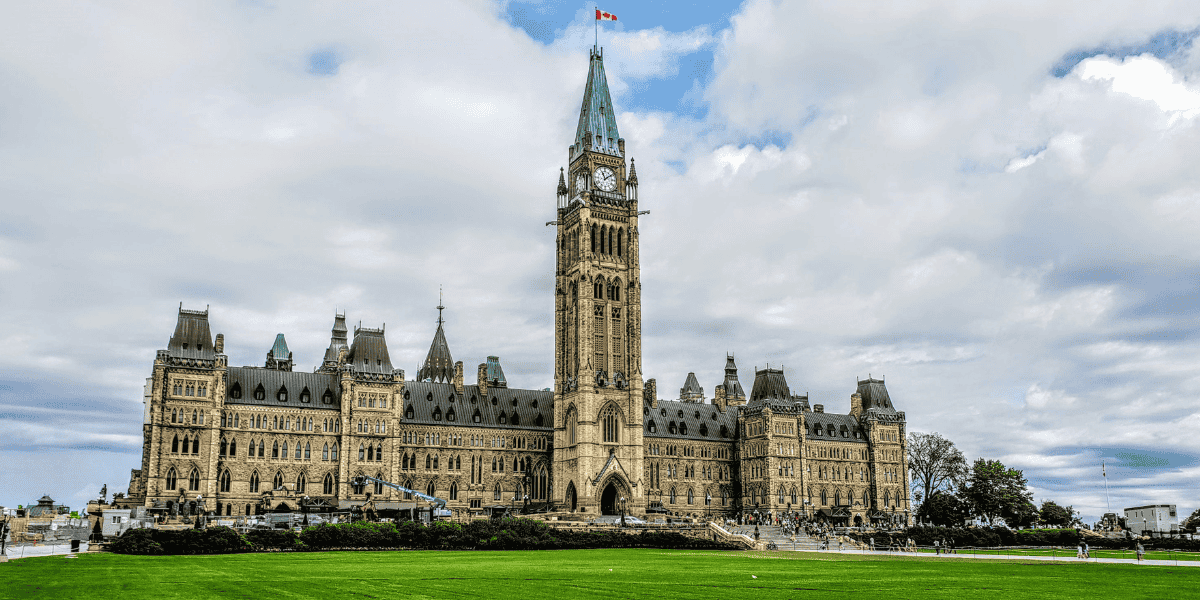Canada has published the Budget Implementation Act, 2022, No. 1, which received royal assent on 23 June 2022 and provides for the implementation of certain measures proposed as part of the Budget 2022. Key measures in Budget Bill C-19 include:
- A two-year ban on foreign investment in Canadian housing, effective January 1, 2023.
- The creation of the Labour Mobility Deduction for Tradespeople to provide tax recognition on up to $4,000 per year of eligible travel and temporary relocation expenses as part of an effort to reduce labour shortages.
- Doubling the maximum amount of the Home Accessibility Tax Credit to $20,000 to help seniors and persons with disabilities make home improvements that would allow them to continue living safely in their own home.
- Ensuring 10 days of paid medical leave for workers in the federally regulated private sector comes into force by December 1, 2022.
- Implementing changes to the delivery of Climate Action Incentive payments by moving from an annual refundable tax credit to quarterly payments starting in July 2022.
- The introduction of a luxury tax on the sale of new luxury cars and aircraft with a retail sale price over $100,000, and on new boats or yachts over $250,000.
- Tackling the speculative trading that contributes to higher housing prices by making all assignment sales in respect of newly constructed or substantially renovated residential housing taxable for GST/HST purposes.
- Reducing by half the general corporate and small business income tax rates for businesses that manufacture zero-emission technologies, and expanding an existing tax incentive for business investments in clean energy equipment.
- Supporting provinces and territories in continuing to address health care concerns, including by tackling the pandemic-induced backlog of surgeries and procedures, by providing provinces and territories with a $2 billion top-up to the Canada Health Transfer.
- Taking the first steps towards the implementation of a publicly accessible beneficial ownership registry of federally incorporated corporations to help counter illegal activities, including money laundering, corruption, and tax evasion.
- Strengthening the government’s ability to select permanent resident applicants from the Express Entry System that match Canada’s economic and labour force needs.
- Expanding the Disability Tax Credit criteria for the mental functions impairment eligibility, as well as the life-sustaining therapy category eligibility.
- Introducing a federal excise duty on vaping products, effective October 1, 2022.
- Leveraging transit funding to build more homes by providing provinces and territories with up to $750 million to address pandemic-driven municipal and other transit shortfalls, and by tying that funding to efforts to improve housing supply and affordability.
- Allowing the government to seize and cause the forfeiture and disposal of assets held by sanctioned people and entities, to support Canada’s participation in the Russian Elites, Proxies, and Oligarchs Taskforce in light of Russia’s illegal invasion of Ukraine.
- Allowing charities to provide resources to a broader range of organizations, in furtherance of their charitable purposes, and ensuring that Canada’s tax rules minimize their administrative burdens and support stronger partnerships in the charitable sector, by implementing the spirit of Bill S-216, the Effective and Accountable Charities Act.












